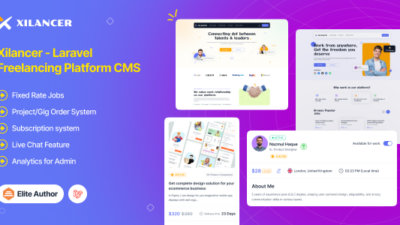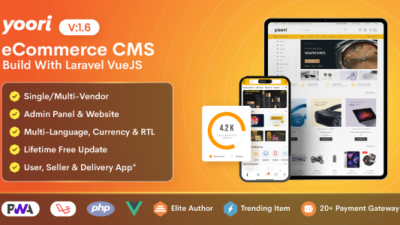
Note: This is a module for Perfex CRM.
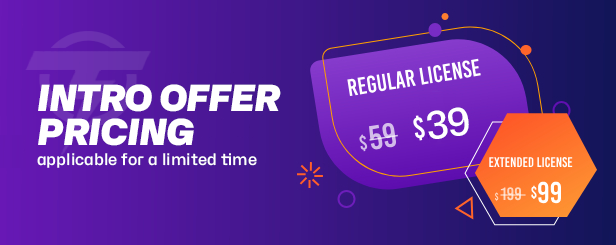
GraphQL Support for Perfex CRM
Our module brings GraphQL API support to Perfex CRM, offering you the ability to access both native and custom modules’ data!
GraphQL provides a powerful and flexible approach to data exchange in modern applications by allowing clients to interact with server-side data in a streamlined and efficient manner.
Unlike traditional APIs, which often require multiple endpoints to perform different operations, GraphQL operates over a single, unified endpoint. This consolidation greatly simplifies the API structure, reducing complexity and allowing developers to focus on the core logic of their application rather than managing various endpoints.
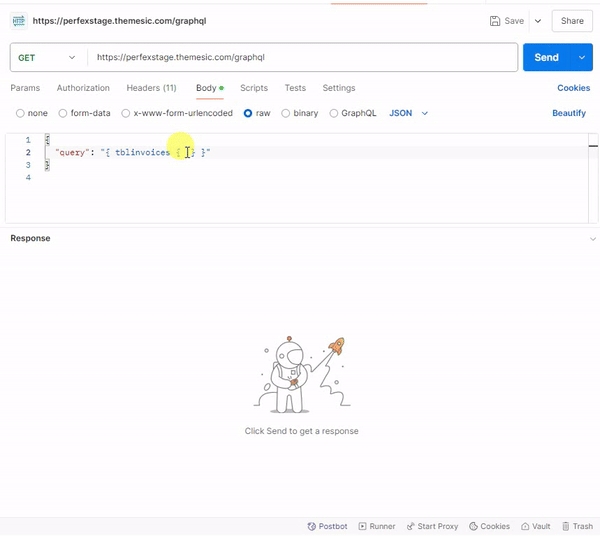
Perfex Custom Modules API Support
The Custom Modules Support feature in our module offers unparalleled flexibility and capability, allowing users to interact with their data in a way that was previously challenging with traditional API approaches. Our module enables you to query every database table, field, and option seamlessly, including those created by third-party modules (non-native) developed by various authors and available within the Perfex CRM ecosystem.
This comprehensive support for custom modules means that you are not limited to the core functionalities of Perfex CRM; instead, you can extend your data interactions to encompass all elements of your CRM setup. Whether you are accessing standard client information, order details, or specific fields added by other developers, our module empowers you to retrieve and manipulate that data effortlessly.
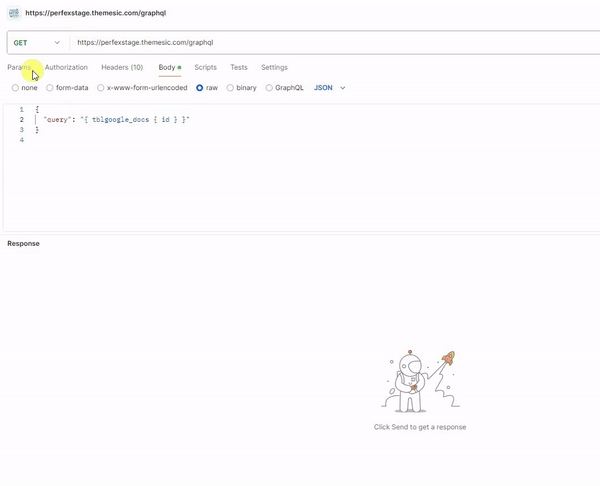
The architecture of our GraphQL module is designed to maintain compatibility with existing modules and seamlessly integrate with custom implementations. This is especially beneficial for businesses that have invested in third-party solutions to enhance their CRM functionalities. By allowing direct queries on these custom entities, you gain a significant advantage in data accessibility, enabling more sophisticated reporting, analytics, and operational efficiency.
Furthermore, the capability to query custom modules means you can tailor your data interactions to fit your specific business needs. For instance, if a third-party module adds unique fields or custom workflows, you can retrieve that information through our GraphQL interface just as easily as you would with native Perfex data. This level of customization ensures that you can adapt the CRM to your evolving business requirements without losing the ability to access critical data points.
Per coding language / method, Example Queries
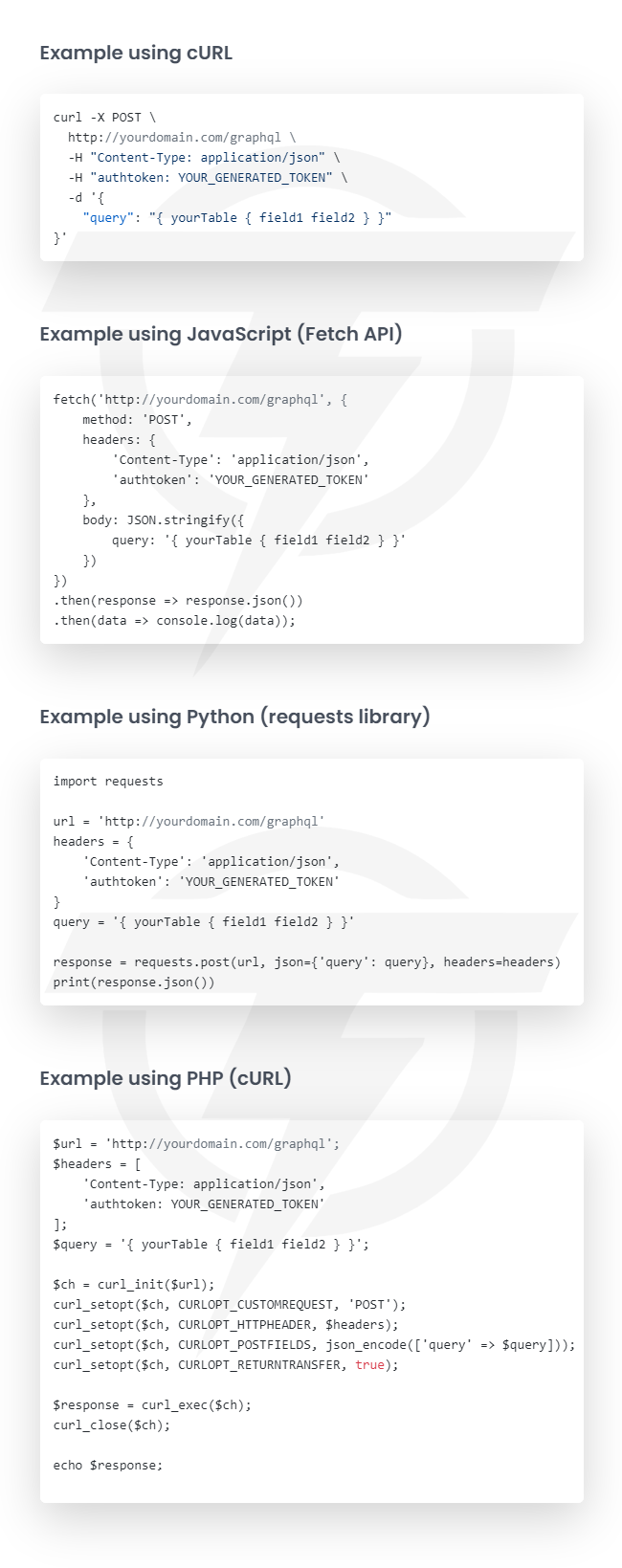
Examples Of Usage
Adding a record
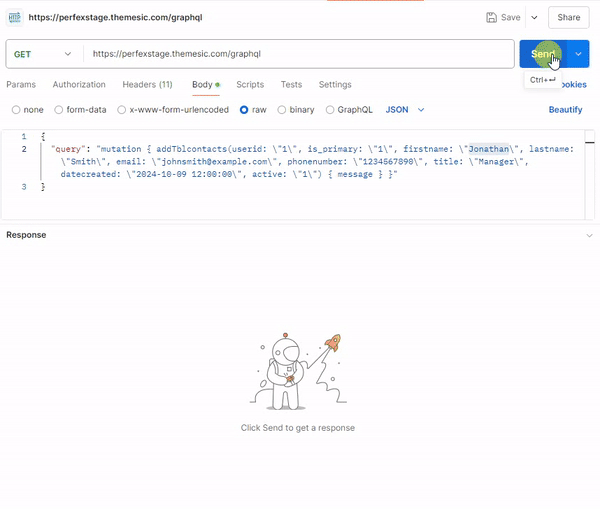
Updating a record
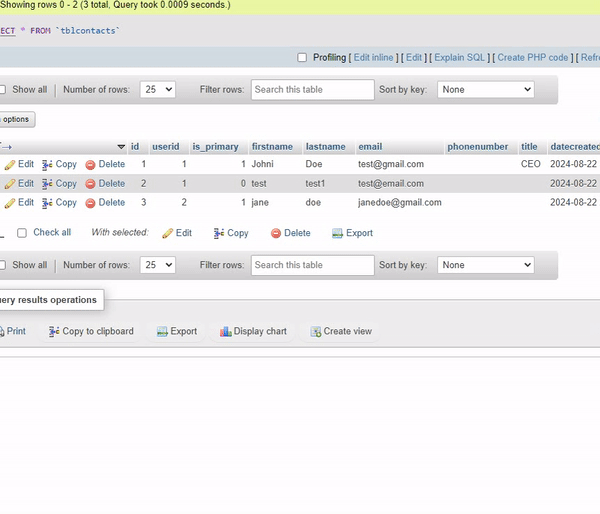
Deleting a record
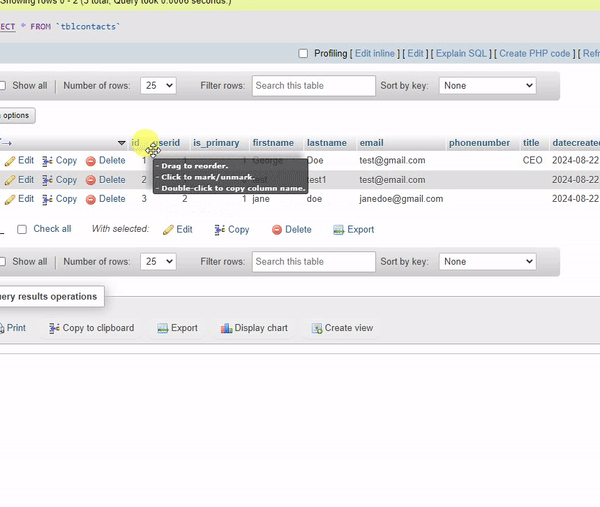
Differences between GraphQL and REST API
What makes GraphQL particularly effective for data exchange is its ability to dynamically manage interactions between clients and servers. Whether an application needs to fetch large amounts of interconnected data or perform detailed data manipulations, GraphQL ensures that these operations are handled with precision and clarity. The flexibility it offers allows developers to build more interactive and scalable applications, as GraphQL seamlessly adapts to both simple and complex data requirements.
In contrast, a REST API typically operates through predefined endpoints, with each endpoint representing a specific resource. While REST has been the traditional choice for API design, it can become inefficient in scenarios where clients need to gather data from multiple resources. The rigid structure of REST often leads to the need for multiple requests to different endpoints, increasing network traffic and response times.
One of the notable features of GraphQL in data exchange is its capacity to reduce unnecessary data transfers. In many systems using REST, it is common to encounter over-fetching (retrieving more data than needed) or under-fetching (needing to make multiple requests to gather all required data). By empowering clients to request exactly what they need in a single query, GraphQL minimizes network overhead and accelerates the flow of data between client and server. This efficiency is crucial for modern applications that rely on fast, optimized performance, especially in scenarios where bandwidth is limited or response times are critical.
In a traditional REST API, developers may need to send several requests to different endpoints to gather all the related data. For example, fetching a customer’s information along with their recent orders might require separate requests to `/customers` and `/orders`. In contrast, with GraphQL, you can retrieve all the necessary information in a single query, reducing the number of requests and improving application performance.
Furthermore, GraphQL promotes a more intuitive and collaborative workflow between frontend and backend development teams. With its strongly-typed schema and declarative nature, developers can quickly understand the available data structures and relationships, making it easier to create, maintain, and evolve data-driven applications. This transparency helps align team efforts, reducing miscommunications and ensuring smoother development processes over the lifecycle of a project.
While REST APIs have served as the foundation for web services for many years, they lack the flexibility that modern applications often demand. The key advantage of GraphQL lies in its ability to offer fine-grained control over the data that is retrieved or manipulated. This level of control, combined with the efficiency of reducing unnecessary data retrieval, makes GraphQL a superior choice for applications that prioritize performance and scalability.
* If the usage of a REST API fits your case better, you can still grab a copy of our Perfex CRM REST API
Documentation
Our item contains a complete documentation to help you build your own connections, however, if you are not familiar with APIs, its highly advised to consider hiring an expert for having your connections created.

Support
It takes only a few seconds to be installed, activated and have a fully working integration.
If you have any questions, feel free to raise a support ticket at our support area.
Guys from support department will get back to you as soon as possible with a reply.


Version 1.0.1
-Adding query result limits based on id (id_in) -Security enhancements
Version 1.0.0
-Initial version





